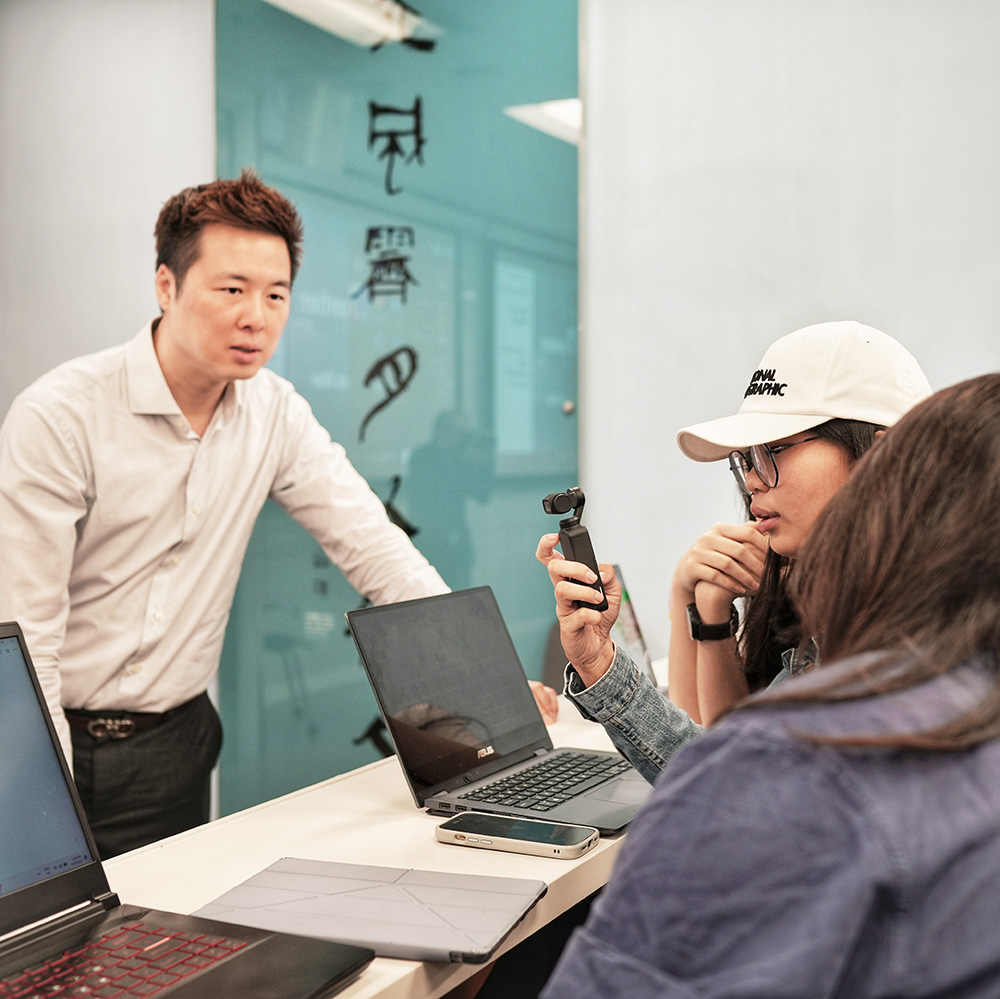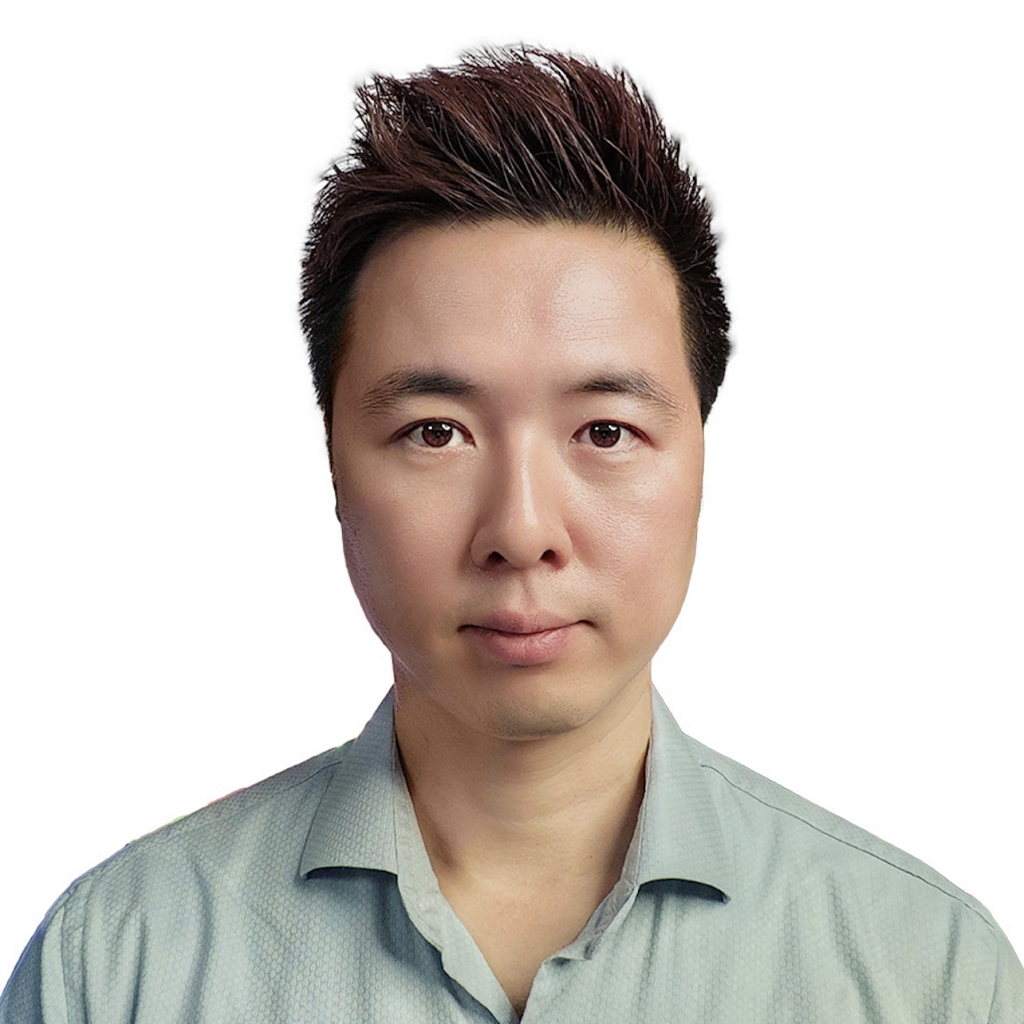May 2023 | Volume 24 No. 2
An Historian Who Looks to the Future
Dr Javier Cha is an unlikely combination of Korean medievalist and digital historian, two seemingly unrelated subjects that were brought together by the fact that his medieval research had too much data for one person to comfortably compute on his own. Starting 15 years ago, and spurred on by a mentor during his doctoral studies at Harvard University and a lifelong interest in computers, he began to adopt digital tools into his work at a time when digital humanities had not yet gained traction.
Dr Cha not only used the tools to solve his immediate problem – which was how to consolidate raw data on kinship formation, political associations, marriage alliances and the like to show how Korea’s highest social class, the yangban, consolidated power for over 500 years – but he also began to develop an interest in data as a topic of study.
“Historians draw information from many sources. I’m interested in how to draw links from multiple heterogeneous data sources so that we can make new discoveries with the aid of software tools,” he said.
In 2019 he established the Big Data Studies Lab – subtitled ‘The humanities in uncharted waters’ – at Seoul National University to explore this further and brought the initiative with him when he joined HKU last year. His approach is to apply traditional teachings about book history and how ideas travelled, to 21st-century historical research and the age of digital materials.

Biographical data of medieval Korean personalities in Dr Cha’s medieval yangban Neo4j database.
Future orientation
“As an historian interested in today’s technology, I want to show that historians should be partially future oriented. We should think about what interesting materials of today should be collected and curated, while keeping in mind that they should be diverse enough for someone in the future to explore something obscure or something that we may have missed,” he said.
That role requires not only an analysis of content but the creation of archives themselves. One of his projects is focussed on Korean webtoons, where he is scraping available materials such as ratings and comments, while also digging deeper to provide context by interviewing not only the famous creators, but also their assistants and even people who were mistreated by companies.
Explorations on data storage are also part of this project – he hopes to store the output in the Arctic World Archive in Norway – as well as a separate subject of study at his lab. “People tend to think big data is just a structured Excel sheet with a billion rows, but it is incredibly large and complex and it cannot possibly fit on a single computer. There are serious logistical challenges such as how to archive primary sources that are not printed or circulated in the way we traditionally associate with books. And how to preserve that data properly,” he said.
Physical limitations
Befitting an historian, Dr Cha is also interested in the impact of the concept of time in the age of digital technology. People experience the internet as boundless and unifying – a single entity accessible to all at all times. The experience on Zoom calls are one example of the flaw in that perspective. There is always a millisecond delay, which is detectable, especially compared to voice or text messaging. This is because data transmissions are limited by the speed of light. Moreover, data does not zip along one line, it jumps across multiple points in multiple jurisdictions before it reaches the user, raising issues about digital sovereignty and content protection. “Rather than timeless time, we are seeing the physical limitations of digital infrastructure,” he said.
Dr Cha believes these issues all call for the role of the historian to be revisited. Since the second half of the 20th century, historians have tended to shun archiving and focussed on analysing and interpreting events and trends, and writing books. But now there are all these new kinds of sources, such as webpages and online platforms, that could be useful references in future. What should be collected and who should do the collecting?
“Archivists have tended to be treated like support staff in recent times, but that is not how history has always operated. Digital historians argue that we should go back to the previous paradigm, where historians cared about curating and archiving materials, and be partially professional archivists as well. Because historians are best placed to know best what future historians might want to look for,” Dr Cha said. He is also cultivating a future orientation in students through his teaching in the new Bachelor of Arts in Humanities and Digital Technologies.

Dr Cha at his Bachelor of Arts in Humanities and Digital Technologies class.
We should think about what interesting materials of today should be collected and curated, while keeping in mind that they should be diverse enough for someone in the future to explore something obscure or something that we may have missed.

DR JAVIER CHA

